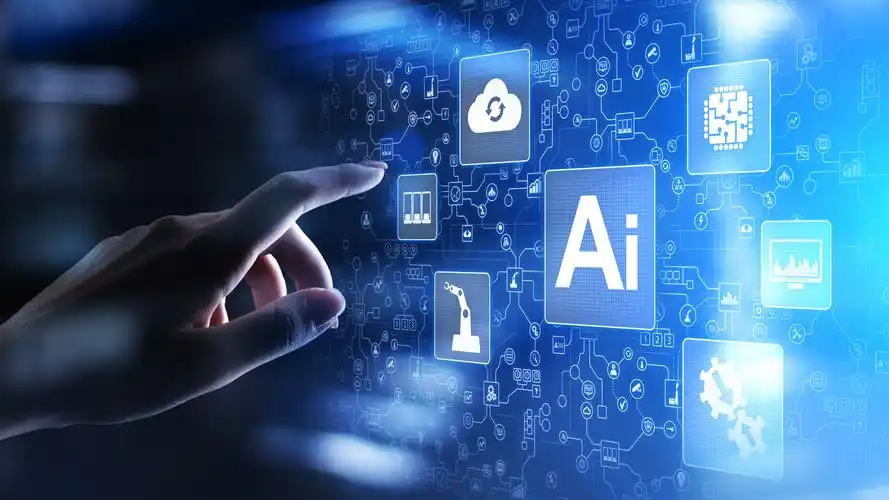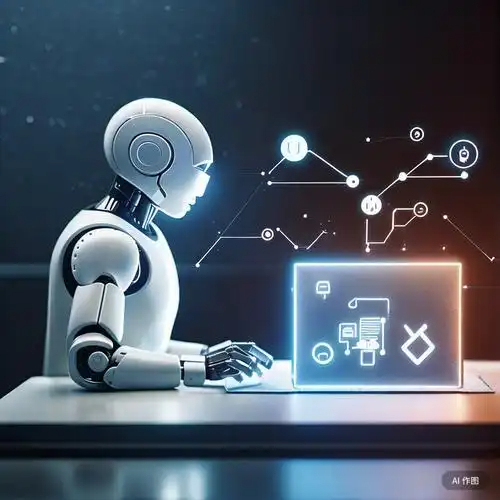Predictive Technologies and AI in Education:
Nowadays, as the use of predictive technologoies as AI has been widely applied to most of the countries, it benefits the effective of the education. For example, the Chat Gpt from 3.5- 4.0 helps students to solve most of the questions from different fields, with stong logic and carefully calculated data and sometimes well-defined paragraphs that help the students to finish their work and study more effectively. Also there are some universities in China and U.S. that apply AI as the teaching assistants to help the instructor to regulate the class and can provide simple functions that the traditional TA do. This could include multiple majors that from gerneral educations to advanced subjects like Physics, oral training, programming, etc.

Benefits of AI in Education:
Based on my personal experience and information about the AI technology, i think the biggest convinience that AI gives to students is to allow them to choose their own leanring pace, and could create a learning plan that based on the students’ own prederence. The AI education can always provide the best option for the students due to its strong data base. Different from the traditonal leanring method, students donnot have spend time discussing what their problem is with the instructor, AI technologies such as GPT can understand their need in one second (normally). For the teaching, like i mentioned about the AI teaching assist, using those technologies can enhance the teaching. Like the AI teaching assist, it saved the human resources and can better help the instructors to focus and to organize the lectures, and can help the instructors to monitor students’ learning progress automatically, and even make upgrading personal leanring plans for each student.
Ethical Consideration and Challenges of AI in Education:
As for today, it seems like the widespread of the AI usage is not a valid option. This includes several challenges and ethical considerations of AI technologies. First of all, the use of AI often related to the acdemic integrity. The goal of education is to let the students think and learn, and to enhance their memory through homeworks and tests. But AI nowadays can provide professional answers, and even essays for the students, which “helps” them finished their work. This could lead to a contra-effect to the education, which leads to another problem, the ethical consideration for the instructors. The instructors must concern about the balance between in-person educating and AI usage. To perform better with AI, the instructors must first keep on upgrading their konwledge of AI education to avoid the achievement gap between students. Also, the instructors have to avoid the over-reliance on the AI technologies, make sure that they can clearly know every student’s need during learning.
Future Direction in EdTech:
The incoming future 5-10 years might be a critical point for the EdTech. Due to the fast chaging of new technologies, AI education, VR and AR technologies can affect every field among the society. The cloud-education along with online meeting can be enhanced by AR technology and VR technology can affect subjects like Medicical and Geology, History, etc. In the next 5-10 years, traditional education method might be totally replaced by new technologies, the AI might evolved into robots or some other form. This could replace human resource and upgrade the education efficiency in a large scale. But is this an advantage or a disadvantage, we should leave this to the future for a further observation.

Leave a Reply